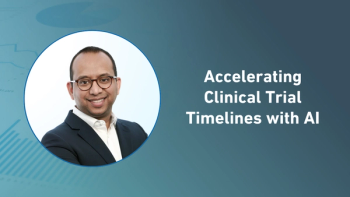
Explore how AI can optimize study design, speed patient recruitment, and streamline operational workflows to shorten development timelines and enhance trial efficiency.

Explore how AI can optimize study design, speed patient recruitment, and streamline operational workflows to shorten development timelines and enhance trial efficiency.
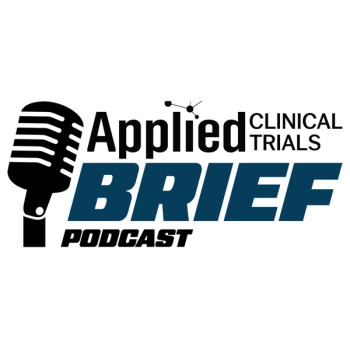
In today’s ACT Brief, we break down FDA’s new superiority requirement reshaping CAR-T development, examine Pfizer’s global move into oral small-molecule GLP-1 therapy, and highlight new MONALEESA findings that reinforce long-term disease control with Kisqali.

New FDA guidance signals a major shift for CAR-T development, calling for randomized trials with standard-of-care control groups and clear evidence of superiority over existing therapies, while simultaneously easing REMS requirements to reduce logistical burdens for treatment centers and patients.

In today’s ACT Brief, we explore how stronger vendor–sponsor governance is speeding eCOA study startup, hear from AMR Clinical on the biggest opportunities to advance site operations and collaboration, and highlight new long-term data supporting earlier use of Carvykti in relapsed or refractory multiple myeloma.

In today’s ACT Brief, we look at how AI and in-silico methods are reshaping drug repurposing, why staggered ICH GCP rollouts are creating new operational pressure points, and the FDA’s latest CAR-T approval expanding treatment options in B-cell malignancies.
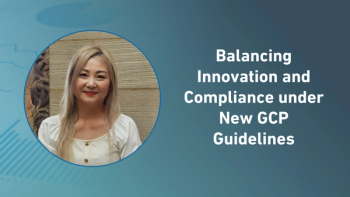
Learn how sponsors and CROs are adapting to evolving ICH GCP requirements while maintaining innovation in high-touch areas, ensuring patient protection, and preserving data integrity across global clinical trials.

In today’s ACT Brief, we look at what’s fueling rapid growth in CNS and autoimmune research, why former FDA leaders are warning that new vaccine policies could reshape clinical development, and how the agency’s latest leadership change may influence drug review operations.
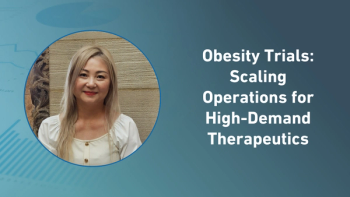
Investigate how sponsors are responding to rapid growth in obesity drug development, including strategies for manufacturing, supply chain optimization, dosing innovations, and combination therapies to meet market and patient needs.

Twelve former FDA leaders have publicly challenged the agency’s proposed overhaul of vaccine approvals, sparked by an internal memo linking child deaths to COVID-19 vaccination, arguing the changes threaten evidence-based standards, weaken immunobridging practices, and risk eroding public trust.

In today’s ACT Brief, we look at new insights on strategy-driven clinical development, fresh survey data revealing persistent site startup delays, and major leadership turnover inside FDA’s drug division.
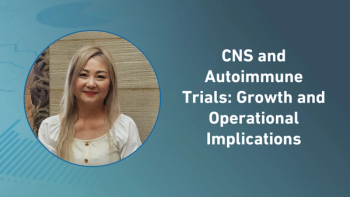
Explore the drivers behind increased investment in CNS and autoimmune trials, including pain, mental health, and inflammatory conditions, and see how technology, decentralized trials, and hybrid designs are shaping study operations.

ICON’s June 2025 survey of more than 100 investigators and site leaders reveals persistent bottlenecks in study startup driven by contract and budget delays, slow activation timelines, and insufficient collaboration from sponsors and CROs.
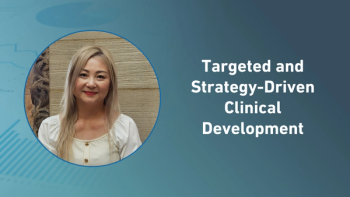
Examine the rise of personalized and biomarker-driven therapies, the logistical challenges of rare patient populations, and how historical controls and real-world evidence are supporting strategy-driven trial designs.

In today’s ACT Brief, we look at the FDA’s deployment of an agency-wide agentic AI platform, review new data showing how structured exercise programs can improve long COVID symptoms, and explore how PROs and real-world evidence are reshaping how industry measures treatment impact.

The FDA has introduced a secure, agency-wide agentic AI system to support complex regulatory workflows—enhancing reviews, surveillance, and inspections—while maintaining strict data protections and human oversight.

In today’s ACT Brief, we examine how the FDA’s CNPV Program is reshaping operational planning and accelerated submission readiness, review the FDA’s accelerated approval of Voyxact for IgA nephropathy, and explore new insights from the Veeva R&D and Quality Summit on modernizing clinical reference data management.

The FDA has granted accelerated approval to Otsuka’s Voyxact for adults with primary IgAN at risk of disease progression, based on Phase III VISIONARY trial results showing a 51% reduction in proteinuria at nine months and a generally well-tolerated safety profile, offering the first targeted APRIL-blocking therapy for this patient population.

In this Q&A, John Kirk, principal regulatory strategist at Veristat, explains how the FDA’s Commissioner’s National Priority Voucher (CNPV) Program is accelerating operational timelines, tightening cross-functional workflows, and redefining what sponsors and CROs must deliver to secure and execute an ultra-compressed one-to-two-month review.

In today’s ACT Brief, we examine how the CRA role is transforming alongside modern clinical trial technology, review the FDA’s approval of Imfinzi plus FLOT as the first immunotherapy regimen for resectable gastric and GEJ cancers, and look at Novo Nordisk’s fast-tracked submission of its higher-dose Wegovy injectable under the Commissioner’s Priority Review Program.

The approval of AstraZeneca’s Imfinzi in combination with perioperative FLOT chemotherapy marks the first immunotherapy regimen for resectable gastric and gastroesophageal junction cancers, delivering a 22% overall survival benefit and establishing a new standard of care.

In today’s ACT Brief, we examine how AI is being integrated into administrative workflows at investigative sites, highlight the FDA’s approval of the first gene therapy for adolescents and adults with SMA, and explore strategies for pharmaceutical companies to build high-performing hospital-based clinical trial programs.

FDA approval of Itvisma, the first gene replacement therapy for adolescents, teens, and adults with SMA, is backed by Phase III data showing meaningful gains in motor function and a consistent safety profile across previously untreated and previously treated patients.

In today’s ACT Brief, we examine how AI and functional service partners are reshaping global pharmacovigilance, look at new data on how investigative sites are investing in and integrating digital solutions, and explore how Trialbee assesses ROI across emerging multi-touch recruitment platforms.
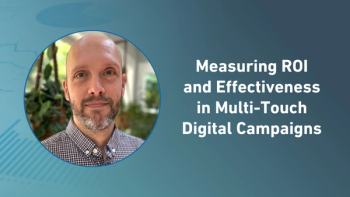
Explore methods to evaluate recruitment performance across multiple platforms, including engagement tracking, conversion analysis, and data-driven optimization for emerging digital spaces.

Examine real-world examples of patient engagement through less conventional channels and see how targeted campaigns can reach high-quality participants even in low-volume or emerging platforms.
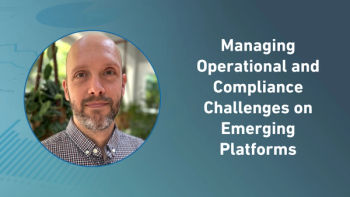
Understand the regulatory and policy considerations for running clinical trial recruitment campaigns on nontraditional or entertainment-focused platforms, and how ongoing collaboration with ad teams ensures compliant, effective outreach.

Phase III HERIZON-GEA-01 trial results show Ziihera combinations, with or without tislelizumab, significantly improve progression-free and overall survival in patients with HER2-positive advanced gastroesophageal adenocarcinoma, positioning these regimens as potential new first-line standards of care.

In today’s ACT Brief, we look at how Trialbee evaluates nontraditional digital platforms for patient recruitment, review new 48-week data from J&J’s APEX trial of Tremfya in psoriatic arthritis, and explore how agentic AI is poised to reshape commercial operations in life sciences.
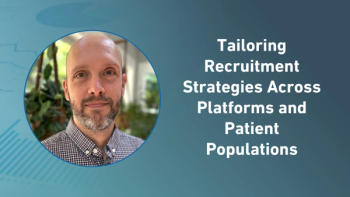
Learn how demographic and behavioral insights inform platform-specific messaging, creative formats, and call-to-action strategies to engage patients and caregivers effectively across diverse digital channels.

New 48-week results from Johnson & Johnson’s Phase IIIb APEX trial show Tremfya delivers durable symptom improvement, slows radiographic progression, and maintains a consistent safety profile in biologic-naïve psoriatic arthritis patients—supporting J&J’s sBLA to expand the therapy’s label.